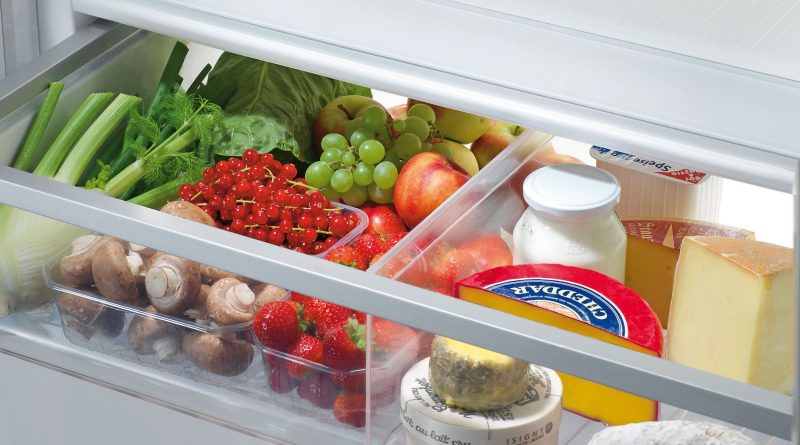How to Choose an RV Fridge
There are many different refrigerators available for your RV. The key considerations are what type of power it uses and how much space you need.
The Everchill fridge is small (3.5 cubic feet) but does a great job of keeping things cold. It also uses very little energy so you can be comfortable using it while boondocking.
Size
The size of your RV fridge will largely depend on how much food you want to store and your travel plans. If you will only be camping at RV parks and campgrounds with shore power, then a residential-style refrigerator may work best for you.
If you plan on boondocking, then a compressor fridge will work better for you. This will reduce the amount of propane that you use, which will save you money in the long run.
Dometic and Norcold make 12V residential-style fridges with sleek, modern looks and easy-to-use controls. They also feature a night mode that lowers fan and compressor speed for more energy efficiency and quieter operation, so you can sleep better. They also have glass shelves with front risers, dual crisper drawers and clear door bins. Both of these brands are compatible with the Fridge Defend (see the chart below).)..
Capacity
The fridge is one of the most important appliances in an RV. It allows us to carry ice-cold beverages, fresh food, and many other items we would have difficulty bringing with us otherwise.
RV fridges come in a variety of sizes and capacities. They can also be powered by either propane or electricity. The most common type found in today’s RVs is the absorption refrigerator. This type uses little power when running on propane and is silent. It is perfect for boondocking, as it can work without draining your battery or needing to run a generator.
However, residential-style fridges are designed for homes and are not suited to the bumps and vibrations of travel. The jiggling and shaking can cause the fridge’s compressor to wear out prematurely. This can be costly to replace. It’s important to keep this in mind before purchasing a residential-style fridge for your RV. This can be avoided by choosing a dual-system model that can switch between using propane or electricity.
Energy Efficiency
An RV fridge works a little differently than the one in your house. It uses heat (from an electric heating element or LP gas flame) to trigger a chemical reaction that causes it to cool. This happens through evaporation and condensation.
These refrigerators are less expensive to operate than compressor fridges. They’re also more energy efficient, saving money on campground electricity and performing better when camping off the grid.
However, absorption refrigerators don’t cool as quickly or evenly as compressor fridges, and they need to be parked perfectly level for optimal performance. If you plan to boondock or camp frequently at developed campgrounds with electricity hook-ups, a residential fridge may be the best choice for your RV. However, it will still require a larger battery bank and solar array than an RV fridge for extended off-grid stays. You’ll also need to precool the fridge before storing food in it. This can take a couple of hours or longer depending on the temperature outside.
Convenience
Whether you need to shop for groceries on a weekly basis or only buy what you will use for the day, an RV fridge makes it easy to keep your food fresh. The refrigerator will also help you save on electricity bills by minimizing power consumption and extending battery life.
Some RV refrigerators, called 3-way fridges, can run on both AC electricity and LP gas. They automatically switch to propane mode when the fridge is not plugged in, allowing you to use your RV while boondocking or camping without electrical hookups.
An RV refrigerator with a high energy efficiency rating will minimize your power consumption and extend your battery life. You can also increase your fridge’s performance by installing a 12V thermostatically controlled RV vent fan. This reduces the amount of heat generated inside your fridge by circulating cool air. The fan is inexpensive and requires no installation, and it can make your refrigerator up to 40 percent more efficient.

